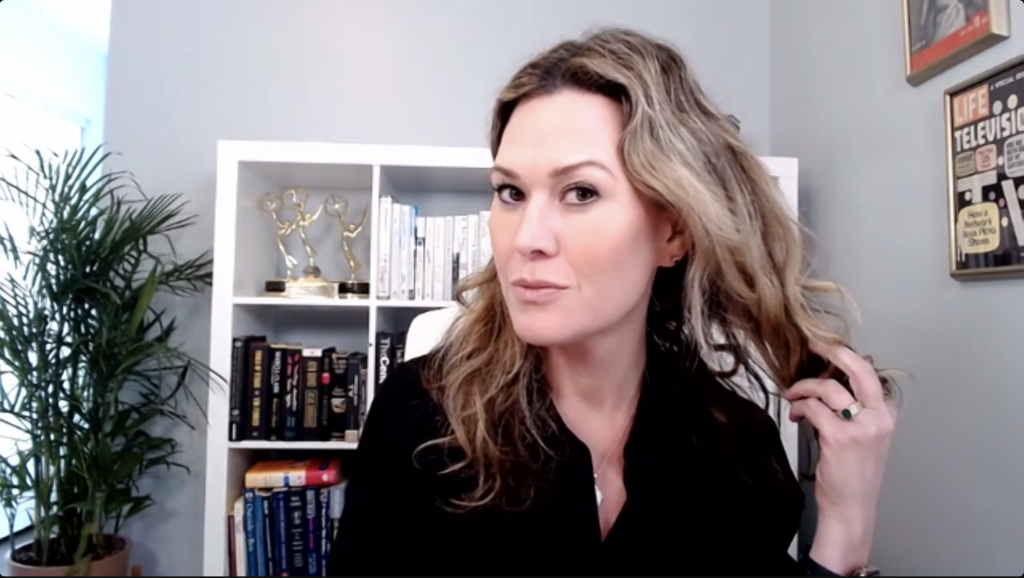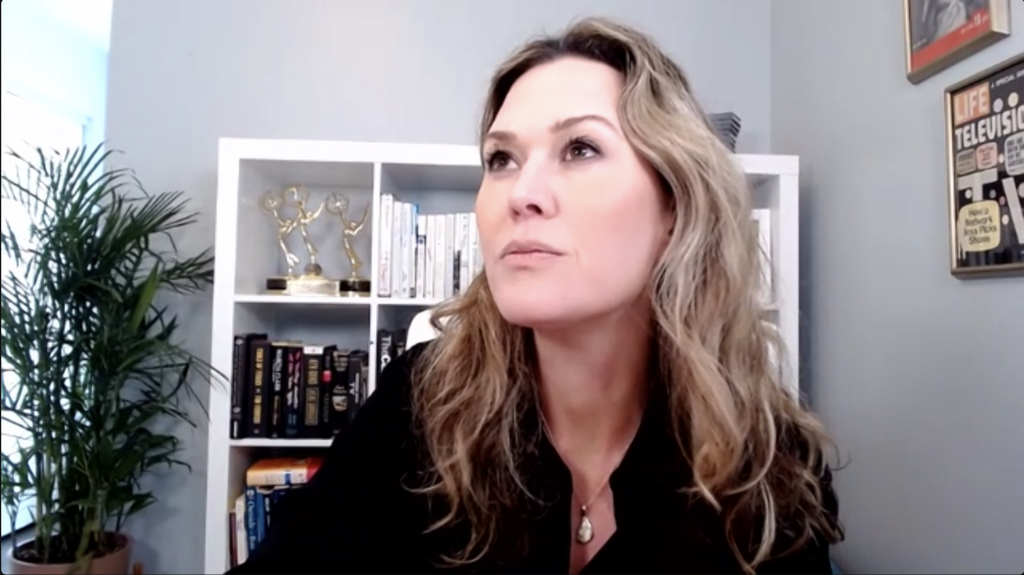I’m often flown in to train executives on how to reach people internally and externally better. I teach them how to make deeper connections so they can be more successful.
Sometimes I’m asked if being vulnerable on stage, in the media, or with the people you lead makes you look weak.
I answer: you can’t get people to follow you unless they feel you.
They need to feel your mission, understand it, and know why you’re so hell-bent on accomplishing the goal.
I want to use a real tough guy example to prove my point.
Major General John Borling is one of the strongest men I know.
He was a fighter pilot with the U.S. Air Force and a prisoner of war during Vietnam. He was Senator John McCain’s “roommate” while they were held captive.
He’s now a chairman of a biotech company, a national public speaker, and writes a weekly column.
He knows how important it is to be vulnerable to be an effective leader.
I decided to interview him so I could share this with you.
Major General Borling also shared his advice on dealing with trauma, wrestling with sadness, regret, anger, and loneliness — and succeeding.
He also describes the importance of leaning on others and how he did that to survive 6 ½ years as a prisoner of war, why it’s important to shine a light on your mistakes right away, and knowing when to fight. Great advice from this retired fighter pilot!
You’re going to learn a lot from this conversation. I did.
Here’s Major General John Borling – Secrets of Success From a Prisoner of War.
Here’s what you’ll discover in this episode:
✔️ Just keep marching. Thoreau said, “The mass of man leads lives of quiet desperation. Confirmed desperation is resignation.” John Borling advises to never resign and continue progressing.
✔️ Lean on others. How did John Borling survive 6 ½ years in a Hanoi prison? Talking with others – even between walls. He opened himself up to his fellow inmates’ skills and personalities and learned French in the process.
✔️ Know when to fight. Leaders must accept that they’re also imperfect. That means rest is crucial to avoid burnout. “When the struggle times come, that’s when you do it. You have to get all the altitude you can,” John Borling says.
✔️ Serve beyond yourself. Self-improvement can be for the greater good. But the true meaning of life comes from committing to helping others.
✔️ Look back, but don’t stare. It’s perfectly okay to remember your past traumas and failures. As you wrestle with the sadness, regret, anger, and loneliness, fight as much as you can to move forward.
✔️ Shine a light on your mistakes right away. It’s all part of being human. Pushing it aside will only make it worse. Showing that level of vulnerability propels your credibility as a thought leader.
P.S. Want more tips? Be sure to sign up for my LinkedIn newsletter where you’ll get exclusive tips on strengthening your mindset to become a better communicator. Click here to subscribe to Thought Leaders Amplified on LinkedIn.
P.P.S. I created a training program for healthcare professionals who need to discover their message and story, deliver it clearly, succinctly, and confidently, and present in a way that intrigues, entertains and keeps the audience’s attention. Share it with your friends in healthcare. Check it out even if you’re not in healthcare. The tips and tricks are universal. Click here to learn more.
P.P.P.S. Whenever you’re ready… here are a few more ways I can help you build your brand, own your voice, and stand out:
- Need actionable strategies to be a more trusted, authentic, confident, and inspiring thought leader? I just launched a podcast called Thought Leaders Amplified – you can listen to it here.
- Want more tactical advice you can implement today? Check out my blog here for great articles, stories, and lessons I’ve shared over the years.
- Looking for one-on-one coaching or a consultation with me? Schedule a complimentary call here to speak to our team about how we can help you.
- Follow me on Instagram here for more media and public speaking tips, videos… and a little fun.












